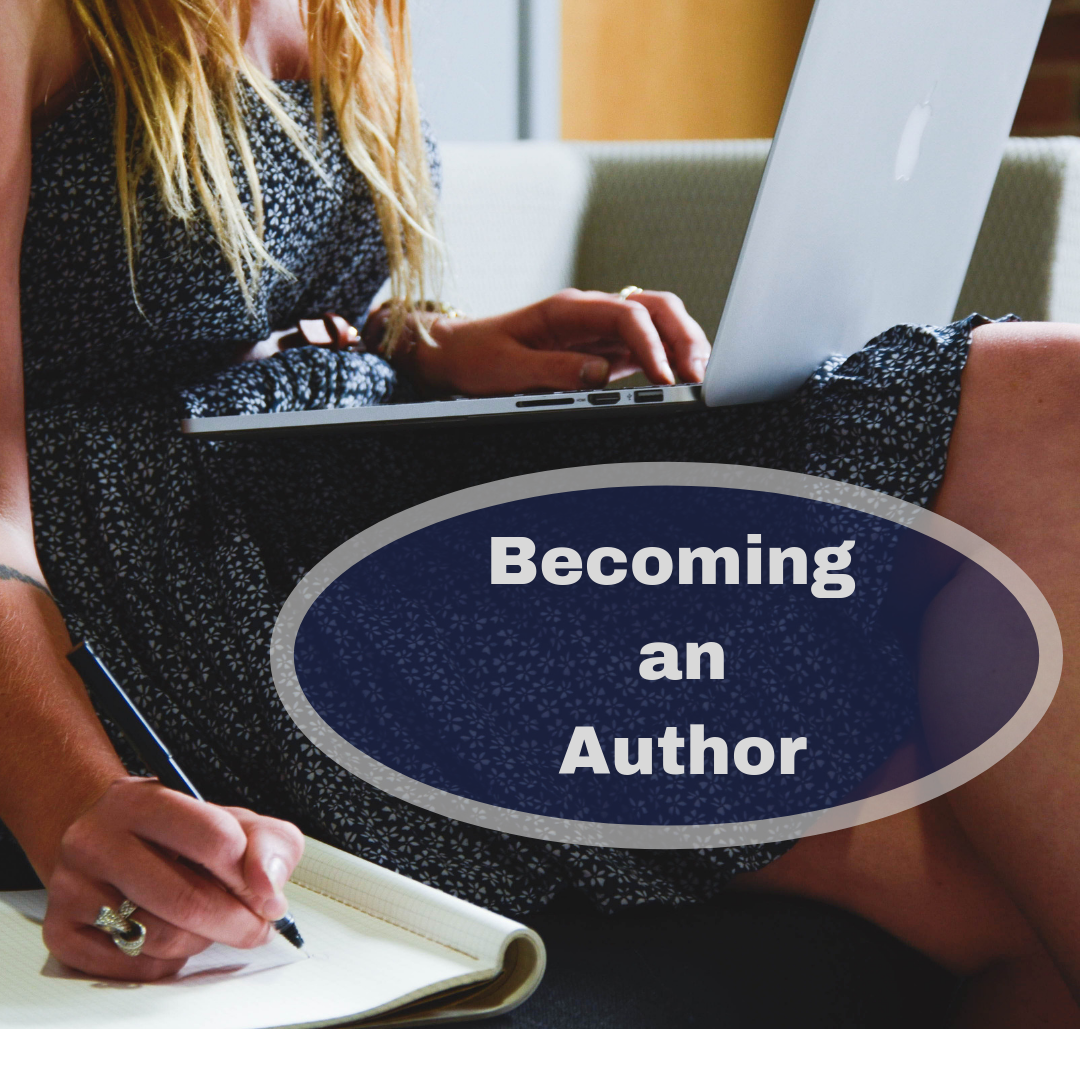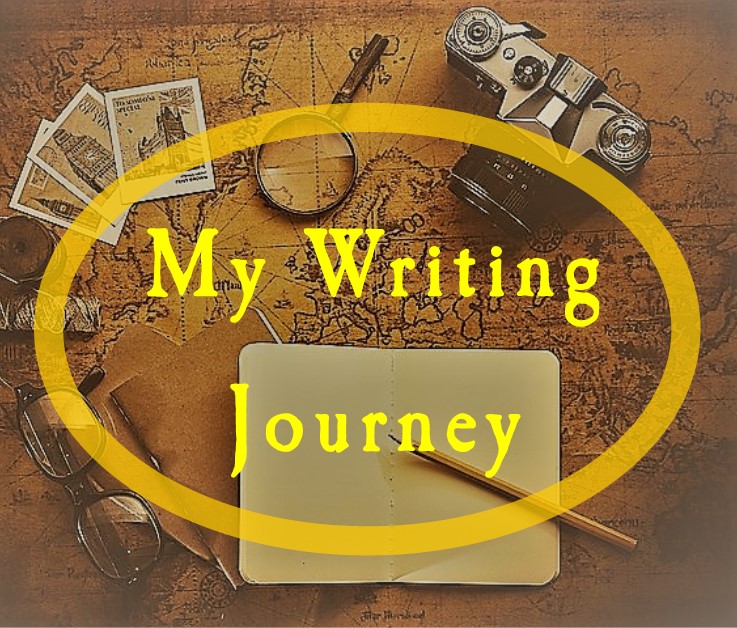
REALISTICALLY RELATABLE
Making your hero and heroine relatable is key to creating characters your readers will care about, will laugh with,…
November 23, 2023
Making your hero and heroine relatable is key to creating characters your readers will care about, will laugh with,…
November 23, 2023
In Harper Lee’s To Kill a Mockingbird (1960), the character Atticus Finch says, “You never really understand a person…
September 24, 2020
So far in this series, I’ve shared with you techniques I’ve learned as an actress that has strengthened my…
August 10, 2020
Over the years, I’ve studied the craft of both writing and acting, and I’ve been amazed at how the…
June 18, 2020
I’ve always loved books about far flung places. It’s a wonderful way to expand horizons. I decided to talk…
March 27, 2020
My first parenting book began as a work of fiction. It was a single dad story about a correctional…
May 3, 2019
Since it is the dawn of a new year, let’s discuss those dreaded resolutions. I have been resolving to…
January 6, 2019
One morning I asked the Lord for a verse reference. Exodus 20:15 – Thou shalt not steal (KJV). Really?…
August 19, 2018
Recently, I was asked by a fellow writer to work with him on a project. Admittedly, I was pretty…
May 29, 2018
I am not a horse person. I freely admit almost complete ignorance in regard to horses and horse-related things.…
January 17, 2016
Do your characters sometimes refuse to cooperate in the middle of a scene? Why is that? You know your…
September 14, 2015